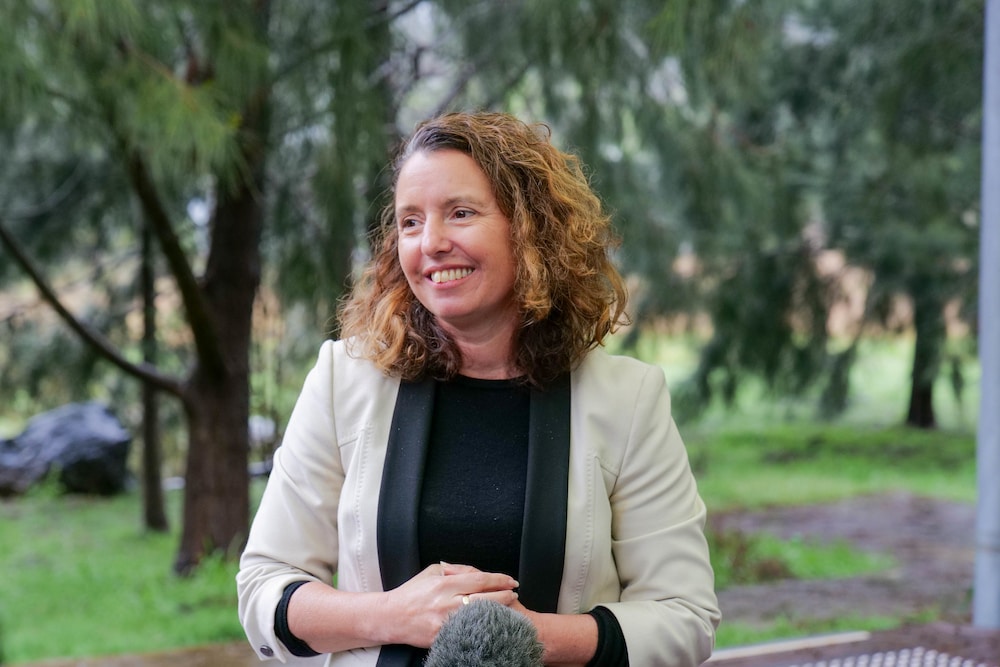Today, the ACT Government has announced the final Action Plan to prevent the Loss of Mature Native Trees in the ACT.
The Conservator of Flora and Fauna recognised in 2018 that the loss of mature native trees (those over 60 to 100 years old) was a significant threat to the natural environment. The plan aims to better protect mature native trees and to plan for future generations of trees.
Mature trees’ hollows, branches, and canopy provide food, shelter, and other services that younger trees cannot. They provide specialised habitat for many birds and animals, including threatened bird species such as the superb parrot, little eagle, and brown treecreeper.
Rebecca Vassarotti, ACT Minister for the Environment, said the action plan is a key lever to protect mature native trees in her environment portfolio.
“Our environment is in crisis,” Ms Vassarotti said. “There has been a significant and continuing decline in the number of mature native trees across the ACT over the last two centuries.”
After 200 years of settlement, the government states, trees are threatened by development, land clearing, fire, climate change, and dieback. In urban and rural areas, mature native trees may be pruned or removed due to public safety concerns, and are threatened also when the groundcover surrounding them is cleared or their roots and trunks are damaged.
“Keeping trees firmly planted in the ground of our local suburbs will improve our resilience to climate change,” Ms Vassarotti said. “They keep our air clean. They keep our water clean. Most importantly of all, they play a massive role in preserving the habitat of our local wildlife.
“That is why I have released this plan to ensure our mature native trees – our big, old eucalypts – are preserved and protected.
“In 2018, the destruction of mature native trees was listed as key factor contributing to the threatened species listing of beloved and rare native animals like the superb parrot.
“When we asked Canberrans, they told us that they share the Government’s concerns and want to see our mature trees better protected in the suburbs.
“As trees can take up to 150 years to fully mature, they cannot be replaced by a seed or sapling. That’s why we need to protect the ones we have, and ensure a steady stream of new trees are protected so that they can mature.
“This action plan is another example of the pivotal work being undertaken to protect our threatened species before it’s too late.”
More than 300 Australian native species rely on tree hollows for safety, to find food, and to raise their young. Overwhelmingly, these animals prefer mature, native trees.
“Without them, Canberra would not attract so much of the spectacular biodiversity we see every day,” Ms Vassarotti said.
“Some mature native trees are silent witness to a time before Canberra,” Bren Burkevics, Conservator of Flora and Fauna, said. “It is critical that mature native trees are protected and integrated as a wonderful feature of Canberra’s bush capital landscape.
“Mature native trees provide wide ranging environmental services including habitat for threatened species, significant carbon sequestration, and clean air. Working with the Canberra community to identify, nominate, and assess mature native trees as registered trees under the Urban Forest Bill 2022 will continue to be a priority.”
“Canberra is internationally loved for its parrot diversity, and parrots love mature native trees,” Dr Laura Rayner, ACT Government ecologist, said. “Local research has shown just how important our big old eucalypts are for supporting threatened parrots like the gang-gang cockatoo and superb parrot. And we know that trees in our urban environments can actually produce healthier baby birds than similar trees in other parts of the country.
“Mature native trees are what we call ‘keystone structures’, meaning that many other parts of an ecosystem depend on them to be healthy. From producing nectar, litter, bark, hollows and logs, hosting mistletoes and insect communities, creating shade, capturing carbon and rain, slowing run-off and stabilising soils, mature native trees are the elders of nature, and they take care of many.”



